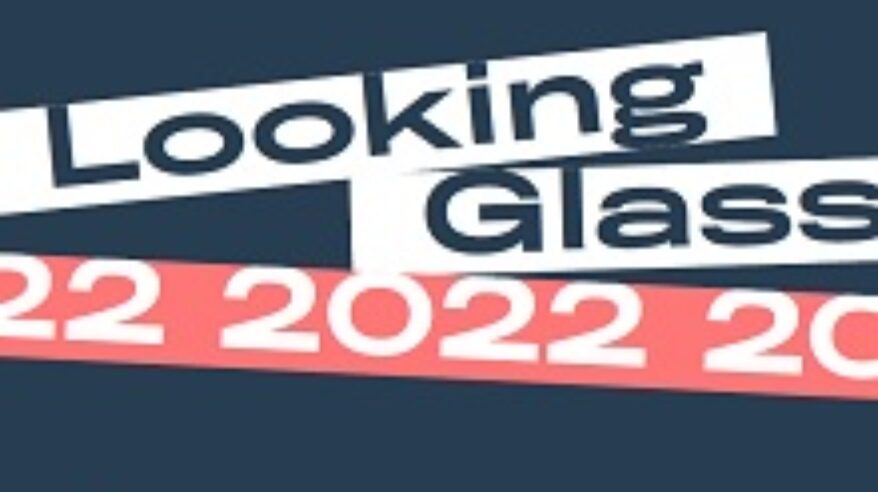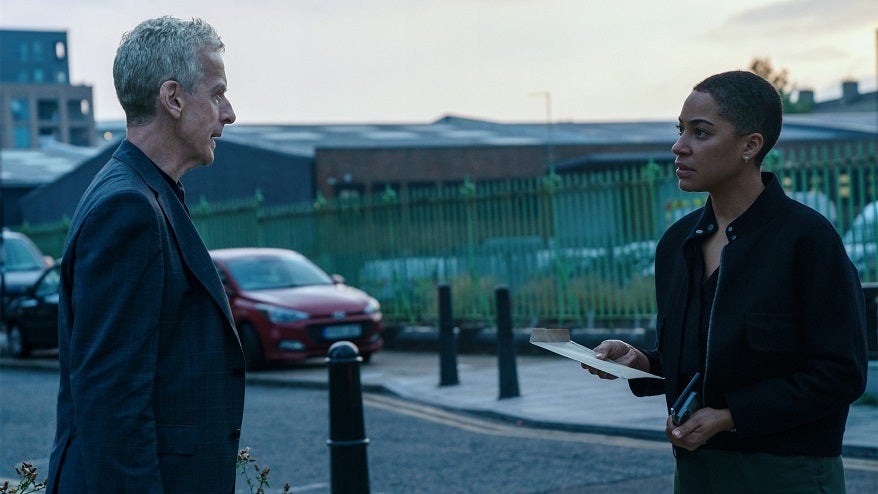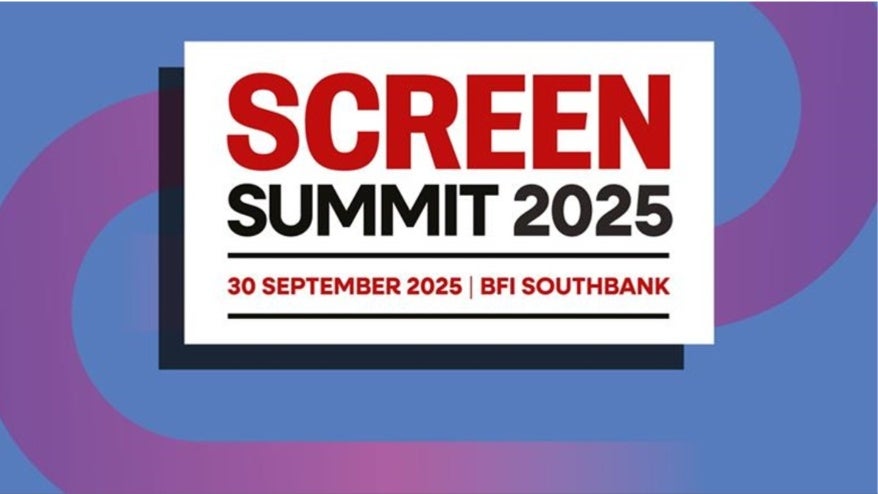Looking Glass report shows changes in screen-sector mental health

The Film and TV Charity has published the results of the Looking Glass Survey ‘22, providing an industry-wide review of the state of mental health and wellbeing in the film and television sector.
This is the third in the series of Looking Glass Surveys, with the first two in 2019 and 2021.
This time, 2,000 people in roles across film and TV took part, answering questions about conditions, culture, and the industry’s capability to respond to issues linked to poor mental health, including bullying and harassment, line management, and financial pressures.
The key points to come from the resulting answers were as follows:
• 80% of respondents sense positive change in culture and behaviours
• Reduction in reports of poor mental health, increase in industry’s ability to support
• Drop in those reporting bullying and harassment from 53% to 46%
• Line manager support and industry culture remain significant issues
• 75% concerned about future income as cost-of-living crisis bites
However, many of the improvements indicated in Looking Glass ’22 are slight:
• A small improvement in mental wellbeing scores, from 19.3 to 19.7 on the Short Warwick-Edinburgh Mental Wellbeing Scale (UK average is 23.6)
• A reduction in those reporting ‘poor’ mental health, from 29% in 2021 to 24% in 2022
• Fewer respondents considered leaving the industry due to mental health concerns, down to 60% from 65% in 2021
Respondents to the survey noted that working conditions and feelings of job security are improving, but that extreme working hours, although decreasing, remain high. 75% also confirmed that future income is a key concern as the cost-of-living crisis continues to pose a real threat to financial and mental wellbeing.
“Although the picture is a complicated one, the latest Looking Glass Survey results show that positive change can be achieved,” said Alex Pumfrey, CEO at the Film and TV Charity. “In the period since 2019 we have seen a concerted effort by many across the industry to improve on a pretty bleak situation and it is heartening to see that some of that effort is starting to pay dividends, with attitudes and overall mental health scores beginning to move in the right direction.
“That said, the work was begun from a very low bar and interventions like our Bullying Advice Service, The Whole Picture Toolkit for mentally healthy productions, and our behaviour change campaign should be regarded as an opening salvo.”
Philippa Childs, head of Bectu, added: “Bectu welcomes the publication of this important research and the pleasing progress it reports on attitudes towards mental health and incidences of bullying and harassment.
“However, with just 11% of respondents reporting that the industry is a mentally healthy place to work, there is clearly lots more work to do. Across too many metrics the industry is simply too far behind national comparators, and it’s clear that long hours and resulting poor work-life balance are critical issues that need addressing.”
“An industry is only as strong as its workforce and as the sector continues to thrive it’s critical that it listens to and acts on workers’ concerns. The high level of concern about coping with the cost-of-living crisis is also telling and should serve as a rallying call to Government to work with unions and industry to better support, prioritise and invest in the workforce.
“Progress on some important metrics is however encouraging and clear evidence that the industry is stronger collaborating together. Our film and TV industry is world-class and is full of inspiring, dedicated people and organisations pushing for lasting change – we urge the sector to tap into this passion to create a better industry for everyone.”
Seetha Kumar, CEO, ScreenSkills, commented: “While this survey demonstrates some positive changes in terms of attitude and behaviour towards mental health, more needs to be done. Only by working together can we create an environment where people can feel included and so speak up, be heard, and supported.
“To enable this change, we must help people understand the right behaviours and equip people in leadership positions with the right skills as well as continue to support colleagues to maintain their own good mental health. ScreenSkills will continue to work with the Film & TV Charity and our colleagues across the sector to provide a unified approach and the necessary training and support to make the screen industries a more compassionate and caring place to work.”
Share this Article
Latest News
View All














